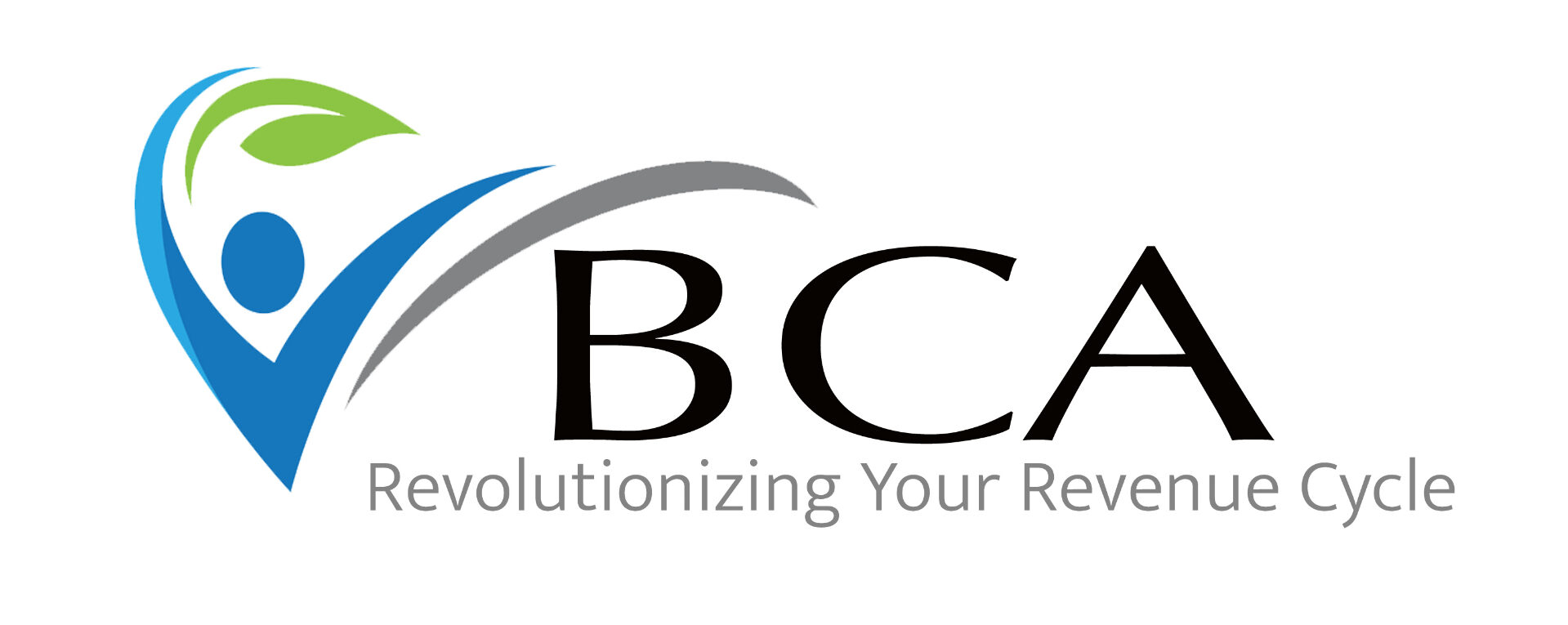For Community Health Centers, accurate documentation has never been more critical. With Medicaid cuts, rising compliance requirements, and pressure on quality metrics, documentation gaps can directly affect reimbursement and risk adjustment. Yet querying providers can be tricky—done poorly, it may feel accusatory or slow workflow. How can clinics improve documentation without creating resistance?
1. Lead with Education
Explain why additional detail matters—for patient care, compliance, or reimbursement—turning queries into learning opportunities.
2. Be Clear and Specific
Avoid vague language. Cite guidelines and provide examples to guide providers toward accurate documentation.
3. Keep a Collaborative Tone
Use partnership-focused phrasing like, “To ensure accurate reporting, could you clarify…” to build trust.
4. Provide Timely Feedback
Immediate, focused follow-up keeps queries relevant and actionable.
5. Use Data Wisely
Share trends or common gaps instead of singling out individuals to encourage collective improvement.
6. Offer Tools and Resources
Tip sheets, EHR templates, and brief training sessions help providers document accurately without feeling burdened.
Queries aren’t just about filling in missing details—they’re opportunities to educate and reinforce best practices. When done thoughtfully, they strengthen compliance, improve documentation, and maintain positive provider relationships.
At BCA, we help healthcare organizations implement these strategies effectively. Through audits, education, and consulting, we guide your team in crafting queries that educate, not frustrate—ensuring your documentation supports compliance, maximizes reimbursement, and fosters a culture of collaboration.
